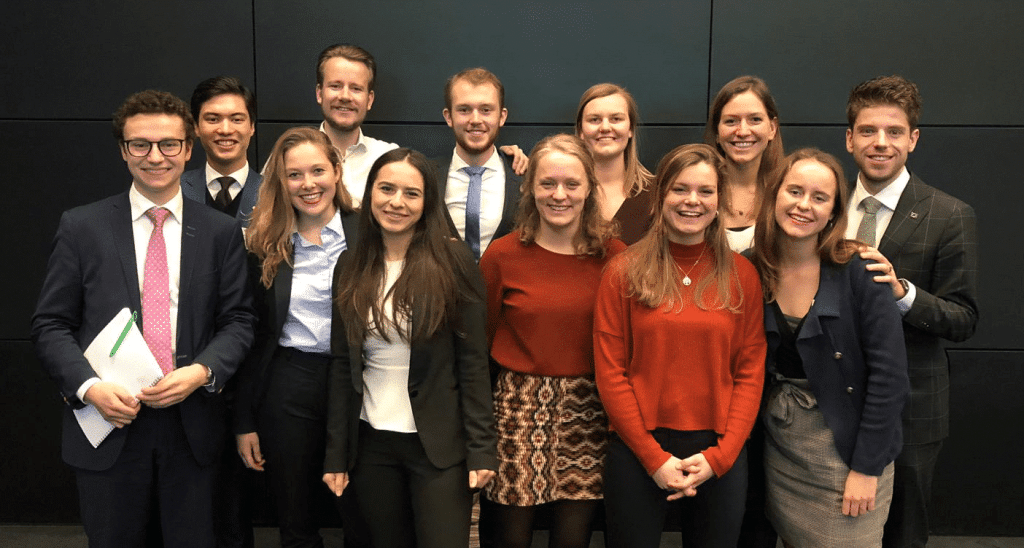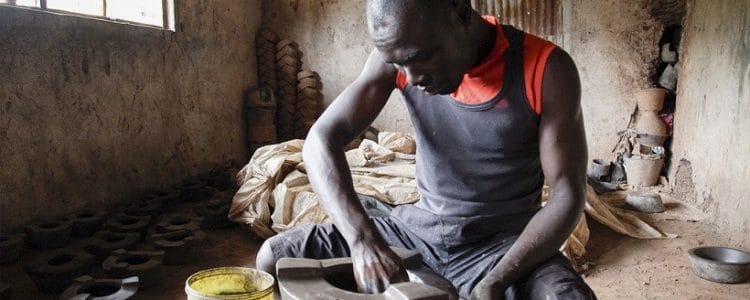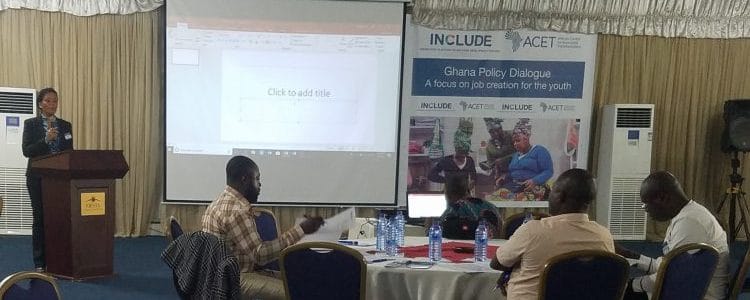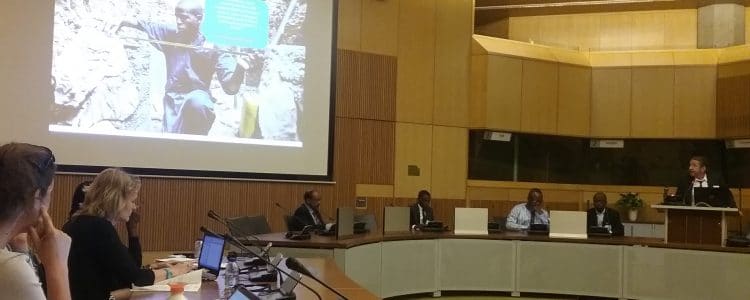
The future of work (FoW) creates new job opportunities, but unless measures are taken, only a select group will benefit. Internet access is a precondition for many manifestations of FoW and can be considered the gateway to knowledge, a conduit for systems and a linkage facilitator. Therefore, our main policy advice to the Dutch Ministry of Foreign Affairs (MFA) is to invest in open Internet access for all Ethiopians.
The future of work
The nature of work and the workplace are rapidly changing. From the rise of the gig-economy, facilitated by online platforms such as AirBnb, Uber, and Etsy, to artificial intelligence applications in healthcare capable of identifying abnormalities on medical scans, society and the labour market are transforming. Much of the existing research conducted on the FoW is oriented towards Western labour markets. Little is known about the FoW trends in Sub-Saharan Africa – a unique setting that will house over a quarter of the world’s under 25 population by 2030. In Sub-Saharan Africa, 10 to 12 million youths enter the labour market each year, while annual job creation falls short by 3.1 million. Failure to capitalize on this demographic dividend has resulted in large scale youth unemployment, a phenomenon that is not without consequences, as bleak job prospects and poor living conditions have been linked to civil unrest and migration within and out of Africa.
While the FoW trends offer unparalleled opportunities, at the same time, they threaten to exacerbate inequalities, as the gap widens between those with the capacity to adapt to the changing circumstances and those who lack the means to do so. Informed policy interventions with targeted investments are imperative to harness the potential of the FoW and ensure decent jobs for all. In addition, trends associated with the FoW are not equally applicable in all settings. We identified mechanization, online platforms, big data and artificial intelligence as the four FoW manifestations most likely to play a role in Ethiopia’s agricultural sector in the coming years.
Four manifestations of FoW – in brief
Online platforms: Over 80% of Ethiopia’s 3.8 million active social media users are between 18 and 34 years of age, and online platform usage will only increase as the young population grows. Social media has the potential to facilitate linkages between young people and other stakeholders, as well as the life-long learning that the FoW requires.
Big data: In 2015, Addis Ababa housed over 700 computer technology companies and 95 software businesses operating both domestically and abroad. Large-scale agricultural datasets hold the power to reform and optimize agricultural processes, for instance, by advising regions on fertilizer use or mapping the effect of environmental degradation.
Artificial intelligence (AI): The first AI solutions for the agricultural sector based on visual recognition software are rapidly emerging, including smartphone applications that detect crop diseases based on photos. These AI applications can have significant spillover effects in other sectors.
With the exception of mechanization, all of the manifestations of the FoW in Ethiopia will require Internet access. Internet access is no longer a luxury, but a vital necessity for growth and development, not only at a national and international level for governments and large multinationals, but for entrepreneurs and individuals such as smallholder farmers as well. In the coming decades, the Internet will function as a vital medium for knowledge exchange and linking stakeholders with connectivity, forming an integral part of the way systems function. Open Internet access not only holds great potential for transforming the labour market, increasing productivity, and creating new job opportunities, it can contribute to other sectors as well, including governance, healthcare, education and services. For this reason, above all, the Dutch MFA should prioritize supporting inclusive, sustainable and open Internet access for all Ethiopians. Other recommendations include investing in building local digital knowledge, using the full potential of existing data, creating a data market and promoting knowledge sharing through open access online courses. Women, the illiterate, and people in rural areas must be included when implementing these recommendations to ensure that existing inequalities are not increased.
Interested in reading the full policy brief? You can find it here.
About the research

DDE/DSO track of the West Wing 2018–2019



